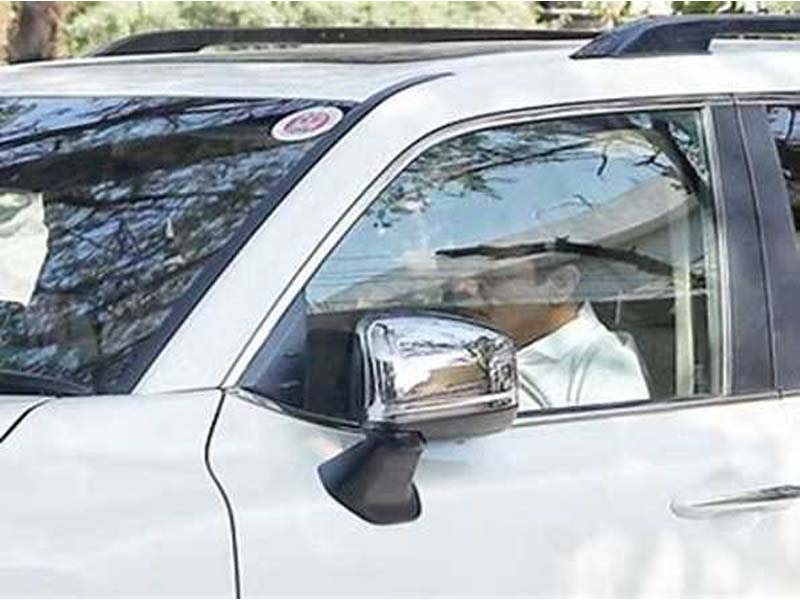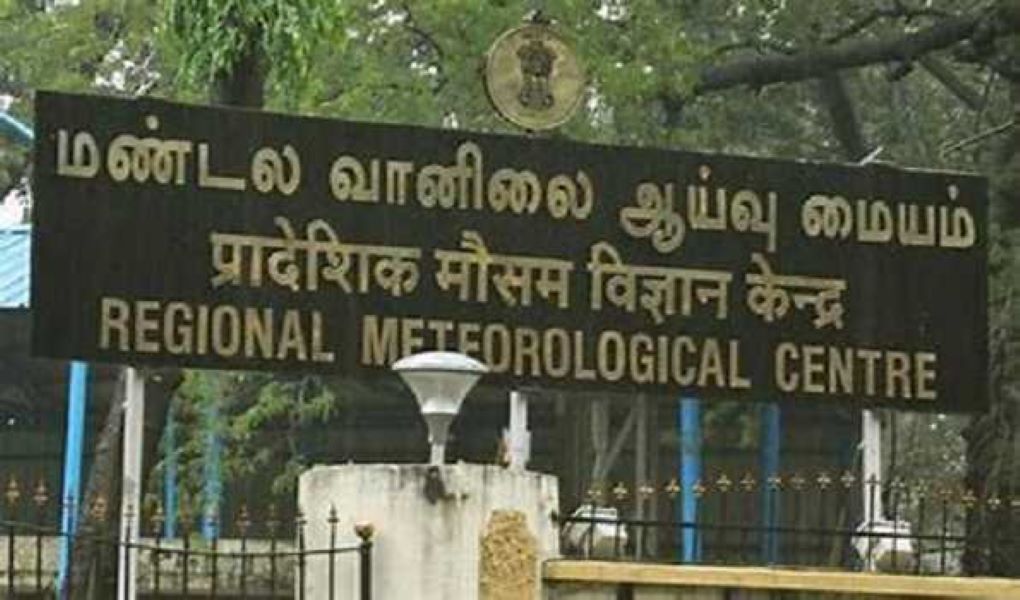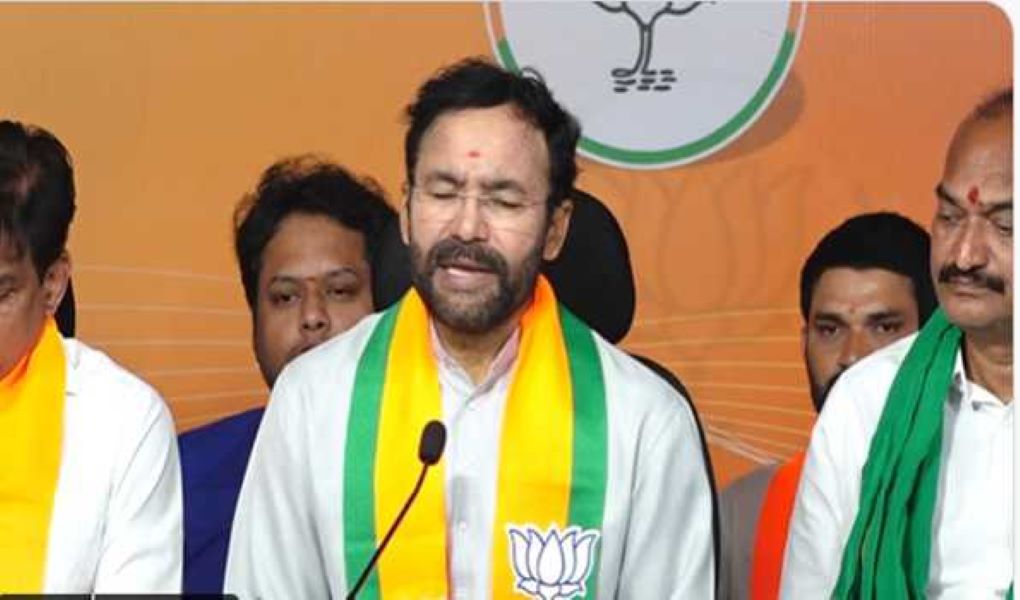Rare Rigid Bronchoscopy procedure at Yashoda Hospitals saves life of 40 year old Tobacco chewer
Hyderabad, May 26 :Doctors at the Yashoda Hospitals here Today claimed that they have saved the life of a 40-year-old Tobacco chewer by performing a rare Rigid Bronchoscopy procedure.
The 40-year old Mohammad Jani Pasha, who was a tobacco chewer, was brought to Yashoda Hospitals Malakpet’s Out-Patient Department, with complaints of severe breathlessness, the hospitals said in a release here.
On examination, his oxygen levels were found to be very low around 79 percent and upon doing a CT scan, it was observed that almost 90-92 percent of his trachea (windpipe) was completely compressed from the outside and there was barely any space left, even for air to pass through.
Their primary surgeon, Dr. Visweswaran Balasubramaniam, Consultant Interventional Pulmonology and Sleep Medicine, explained to the patients attenders about the condition also called ‘Tracheal stenosis’ explaining the patient needing immediate surgery because it was causing impending complete airway obstruction along with respiratory arrest. The doctor wrote down and explained all the risks of the procedure ‘Rigid bronchoscopy with tumor debulking with airways stenosis dilation’ for the patient to understand the pros and cons of the procedure.
Along with that a silicon Y airway stenting was also performed which is uncommon, and the surgery took them almost 6 hours where the rigid bronchoscope was used to remove the tumor portions, increasing the size of the trachea, the release said.
An Endobronchial ultrasound (EBUS) was also done for the diagnosis and when a silicon Y airway stent was placed in the airway which had narrowed to almost 90-95 percent suddenly opened up and the patient came out not needing Oxygen, and his blood oxygen levels reached up to 97 and now the patient is able to completely move and patient is also able to do his routine activities, the release added.
During the Covid-19 pandemic, surgeries involving the patient’s airways are generally high risk and there is a likelihood that surgeons can get infected while performing the procedure.(UNI)





